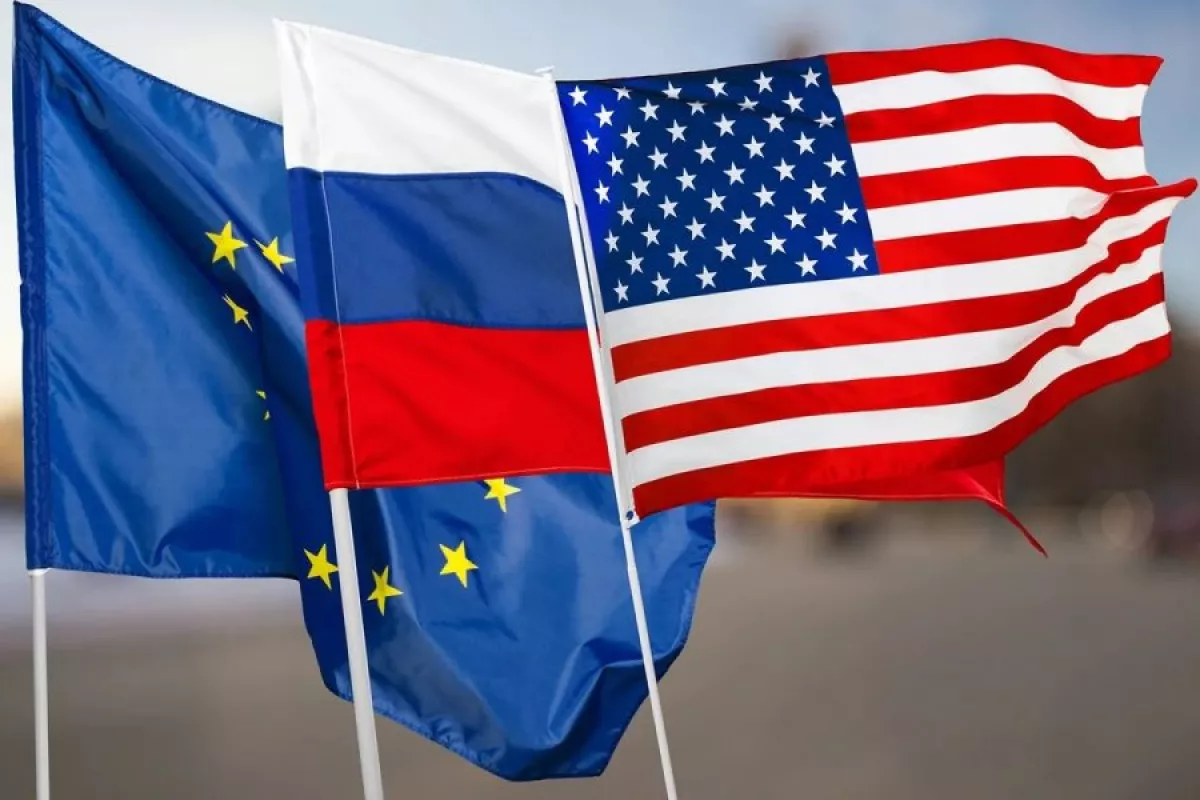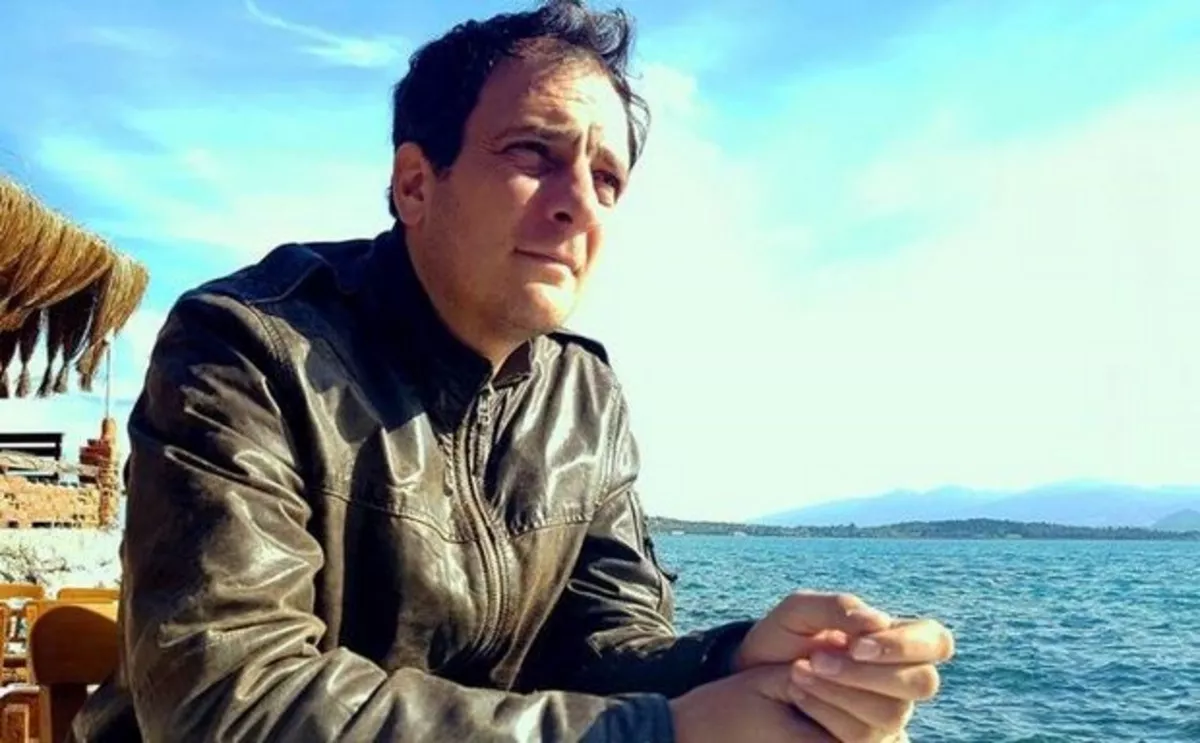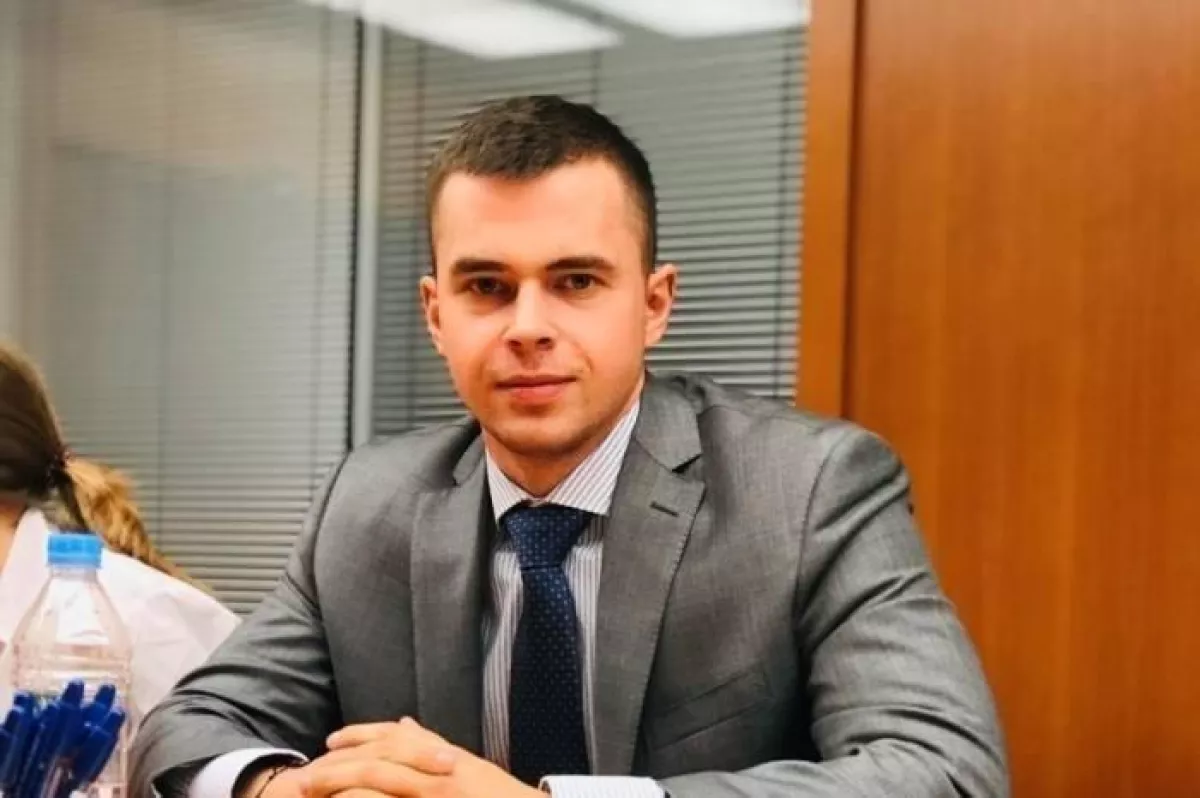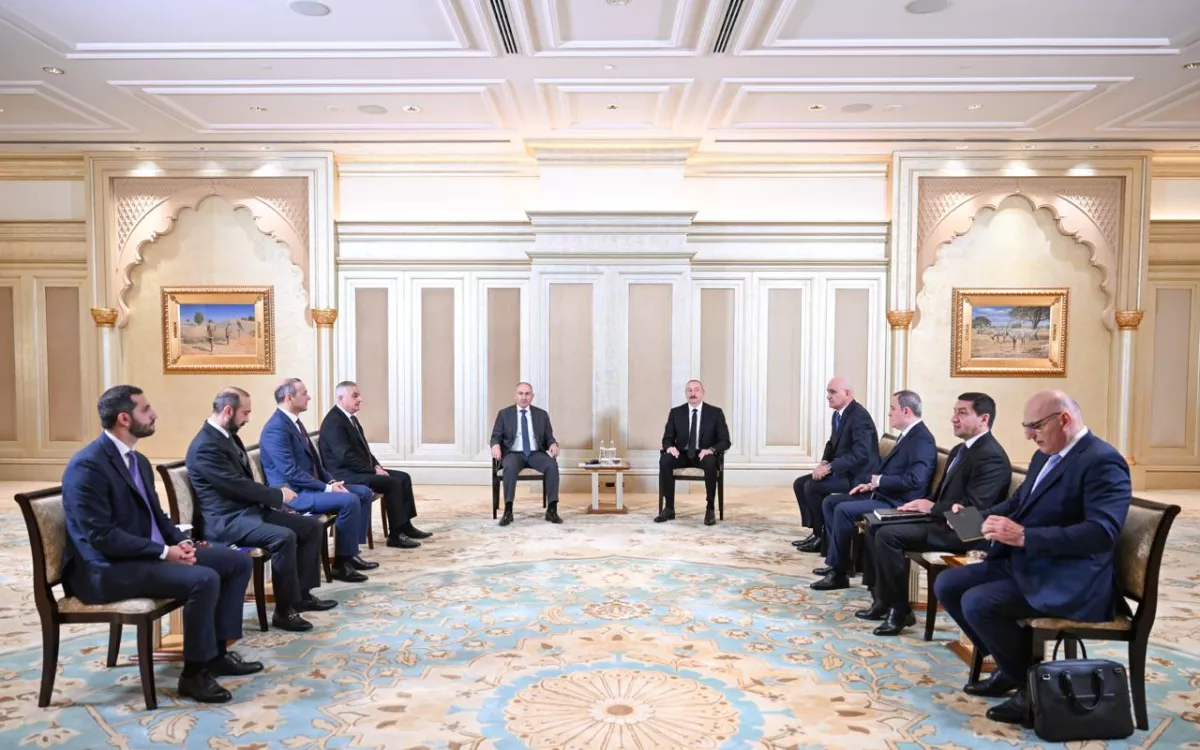Meeting in Abu Dhabi alarms foreign stakeholders Analysts weigh in on Baku-Yerevan peace talks
The talks between Baku and Yerevan in Abu Dhabi have caused noticeable unease among various global actors — the neutral setting of the negotiations clearly influenced their reactions, and some even seemed eager to join the “feast.”
For instance, the Russian Foreign Ministry welcomed the negotiation process but went on to pointedly state that “the Russian side, as one of the participants of the trilateral agreements, is ready to continue contributing to their implementation.”

The European Union, through the spokesperson for Foreign Affairs and Security Policy, Anitta Hipper, called on Azerbaijan and Armenia to proceed as soon as possible with the signing and ratification of the peace agreement, stating that the EU “stands ready to provide additional support and expertise.”
The United States also weighed in. Speaking on behalf of the State Department, spokesperson Tammy Bruce noted that “the United States supports those efforts to promote peace and stability in the South Caucasus.”
Judging by the reaction of the world's major power centres, Baku seems to have finally proven that it does not require any external mediators — any dialogue between Azerbaijan and Armenia will be conducted exclusively in a bilateral format.
How do foreign analysts assess the negotiation formula between Baku and Yerevan? Turkish and Kazakhstani political experts shared their views with Caliber.Az.

According to Turkish expert Engin Ozer, the fact that Abu Dhabi was chosen as the venue for the meeting is quite noteworthy.
“As is well known, the UAE is a fairly close partner of Russia, including in several joint projects in Africa. This could very well explain Russia’s reaction. On the other hand, based on my information, Paris has also expressed interest in participating in the organisation of the Zangezur Corridor — for instance, by taking over its security on Armenian territory and thereby replacing Russian special services, which is unlikely to please Moscow,” he noted.
The expert stressed that the bilateral talks in Abu Dhabi represent a very positive step toward stabilising the South Caucasus.
“This was a direct contact, free from any external influence, although there are plenty of actors willing to act as coordinators for such negotiations. However, what raises concern is the internal political situation in Armenia itself — Pashinyan is under threat from serious forces, and it seems that stability in the country is unlikely in the near future. We’ll see how well the Prime Minister holds up under pressure,” Ozer said.

Kazakh political analyst Ruslan Salikhov believes that the talks in Abu Dhabi clearly demonstrated that Baku and Yerevan have entered a new phase of dialogue, where both sides have a solid understanding of each other.
“There is a constructive attitude toward working through all points of the peace process, and that is a very important fact. It’s clear that this meeting was not meant to produce any sort of formal impression — it was something else entirely, a significant technical shift. Behind closed doors, Aliyev and Pashinyan clearly discussed the full range of issues, including the most sensitive ones.
The absence of national flags at the meeting only underscores that the leaders of Azerbaijan and Armenia came to discuss details and technical matters — most likely in preparation for the signing of some important agreements, where a face-to-face meeting was essential for finalising key points. The presence of members of the president’s and the prime minister’s teams also points to the significance of the meeting. Judging by this, important instructions were likely issued in real time during the negotiations — the contacts between the two delegations played a crucial role,” the analyst noted.

In his view, the fact that this was the first meeting in a new bilateral format after a very long pause is of great significance, clearly indicating that the parties have made substantial progress on resolving complex issues.
“From the footage coming out of Abu Dhabi, it is evident that both sides were very satisfied with the outcome. Despite the restrained assessments from official sources, the meeting clearly had the character of a breakthrough — one that they are not yet ready to declare publicly, in order to avoid prematurely provoking a reaction from external stakeholders.
It is noteworthy that the meeting took place against the backdrop of worsening relations with Russia for both Baku and Yerevan, which seemingly creates a certain convergence of positions. This may also explain the subtle concern expressed in the Russian Foreign Ministry’s statement — it’s something you can read between the lines. That said, judging by some of the wording, Moscow clearly harbours a desire to take credit for any successful negotiations between Baku and Yerevan, no matter how far from the Russian capital they may take place.
As for the reactions from the EU and the US, I believe there is growing recognition that the negotiation process has, so to speak, moved beyond its infancy and gained new momentum thanks entirely to the joint efforts of Baku and Yerevan — a process that is progressing towards meaningful results in achieving peace in the South Caucasus without coercion or external pressure,” Salikhov concluded.








